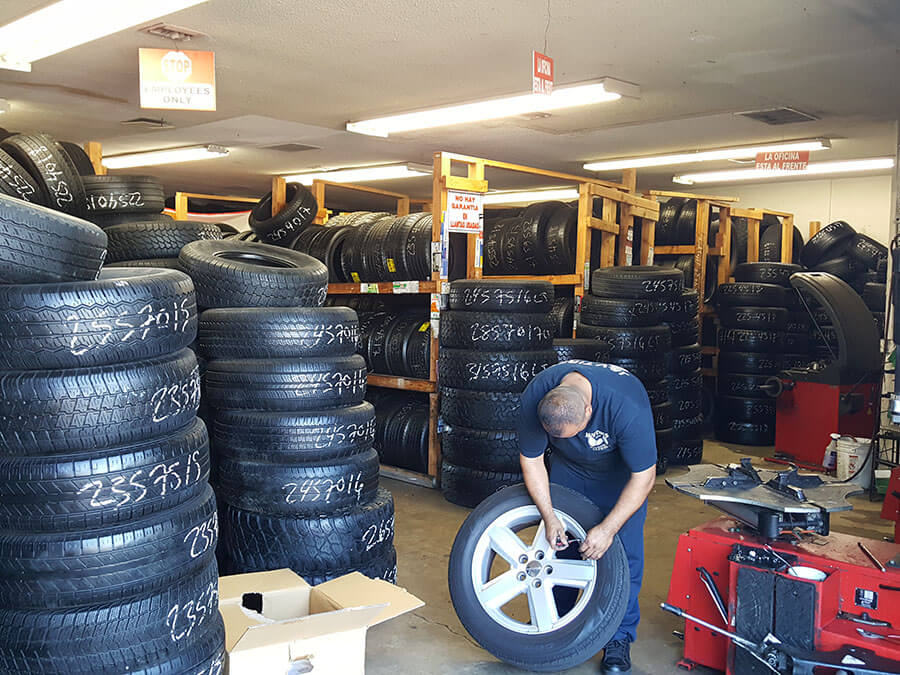Morris Tire and Alignment: Your Trusted Source for Reliable Service
Morris Tire and Alignment: Your Trusted Source for Reliable Service
Blog Article
Tire Service: Understanding Tire Stress Surveillance Systems
Comprehending Tire Stress Tracking Systems (TPMS) is a critical element of maintaining optimal automobile performance and security on the roadway. With advancements in automotive innovation, TPMS has actually ended up being a common feature in contemporary vehicles, supplying real-time details on tire stress levels.

Significance of TPMS
The value of Tire Pressure Monitoring Equipments (TPMS) depends on their capability to improve automobile safety and security and performance with real-time monitoring of tire stress levels. Maintaining the appropriate tire pressure is vital for ensuring optimal handling, stopping, and general security of a car. TPMS supplies drivers with instant responses on any kind of underinflated or overinflated tires, enabling prompt changes to be made.
Elements of TPMS
Sensing units are typically situated in the tire valve stem or attached to the wheel assembly, where they gauge tire stress and transmit information to the control module. Some advanced TPMS versions likewise present the actual tire pressure analyses for each tire, giving motorists with real-time info to make sure ideal tire performance and safety and security. By monitoring tire pressure continually, TPMS assists avoid accidents, lowers tire wear, and boosts fuel efficiency, making it a crucial component for automobile security and efficiency. discount tires morris il.
Kinds of TPMS

On the other hand, indirect TPMS counts on the lorry's wheel rate sensing units to monitor tire pressure. This system discovers underinflation by contrasting the rotational rates of the wheels. Indirect TPMS is much less expensive than direct TPMS, as it uses existing sensing units within the car.
While direct TPMS offers much more precise readings, indirect TPMS is simpler in design and generally needs much less maintenance. Both systems have their advantages and constraints, and the selection in between them usually relies on aspects such as expense, vehicle make, and individual choice. Comprehending the differences in between these two kinds of TPMS can aid automobile owners make educated decisions concerning tire upkeep and security.
TPMS Maintenance Tips
Reliable maintenance of TPMS is crucial for guaranteeing ideal performance and safety and security of your lorry. Routinely evaluating the TPMS sensing units for any damages or deterioration is critical. Ensure that the sensing units are clean and free from debris that can disrupt their performance. Additionally, it is suggested to inspect the sensor batteries regularly and replace them as required to ensure precise readings. Conduct regular look at the tire stress levels and compare them with the TPMS analyses to guarantee they correspond. Rectify the system following the maker's standards if there are any discrepancies. Throughout tire turning or replacement, make sure that the TPMS components are managed meticulously to prevent any prospective damage. Lastly, click if the TPMS alerting light brightens on the control panel, resolve the concern quickly by examining the tire stress and the total system for any kind of mistakes. By sticking to these upkeep suggestions, you can extend the life expectancy of your TPMS and improve the security of your driving experience.
Advantages of Appropriate Tire Stress
Preserving correct tire stress, as stressed in TPMS Upkeep Tips, is vital for reaping the various benefits associated with optimal tire pressure levels. Additionally, proper tire pressure ensures also tire wear, expanding the life-span of the tires and advertising much safer driving conditions. In verdict, the advantages of correct tire stress go beyond just tire long life; they incorporate boosted gas performance, improved security, better car performance, and total driving convenience.
Final Thought
To conclude, comprehending tire stress monitoring systems (TPMS) is important for maintaining optimum tire pressure and making sure car safety. By identifying the significance of TPMS, recognizing with its parts, understanding the different kinds available, adhering to proper upkeep ideas, and realizing the advantages of maintaining proper tire stress, vehicle drivers can improve their driving experience and prolong the life-span of their tires. Proper tire her latest blog pressure is crucial to secure and effective lorry procedure.

Report this page